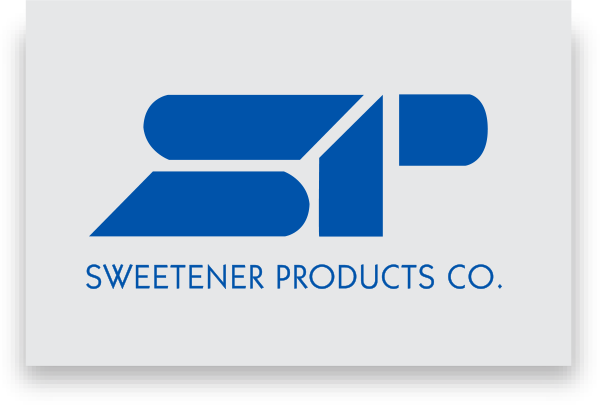What You Need to Know about the National Bioengineered Food Disclosure Standard
Beginning in 2022, food labeling will look completely different. Instead of non-GMO labeling, food and beverages will have to follow new standards for GMO or bio-engineered products. The National Bioengineered Food Disclosure Standard (NBFDS) rule was established in 2016 by the USDA to disclose foods that are bioengineered and address the association by consumers that non-GMO foods are more nutritious.
In a 2020 survey from the International Food Information Council, they found that more than 30% of consumers are influenced by a product’s non-GMO claim. While these claims are on many products, the FDA has not defined what non-GMO means and there are currently no third-party, standardized non-GMO certifications.
Here’s what you need to know about NBFDS:
What are Bioengineered Foods?
Bioengineered foods are foods that contain detectable genetic material that has been modified through lab techniques and cannot be created through conventional breeding or found in nature. Common bioengineered foods include corn, alfalfa, potato, and soybeans. You can find more food products on the USDA website.

Who Needs to Comply?
The new rule applies to all food manufacturers and importers (with more than 20 employees and/or with annual revenue of more than $2.5 million) as well as retailers who package and label food for retail sale or sell bulk food items. Restaurants, restaurant-like retail food establishments (such as a school cafeteria) are exempt.
When is a Bioengineered Claim Necessary?
If the first or second ingredient on the product label is a bioengineered ingredient, you need to make a bioengineered claim.
What are the Exceptions to NBFDS?
- If the bioengineered ingredient is less than 5% of the total product then there is no requirement to disclose that the product has bioengineered ingredients.
- Refined sugars, high fructose corn syrup, vegetable oils, and ethyl alcohol are exempt from requiring a bioengineered disclosure.
- Certified organic foods and pet food are considered bioengineered foods.
What are the Label Requirements?
There are four product label bioengineered label requirements. The label must include all of the following:
- Bioengineered food
- Contains bioengineered ingredients
A QR code that
- Says “scan here for more information”
- Includes a phone number for more information. A free automated text response system along with the statement, “Text [command word] to [phone number] for bioengineered food information.” A response will be immediately sent to the consumer. Additionally, brands cannot send promotional or marketing information in a text message or use the consumer’s personal information for any reason.
Where does this label information need to be displayed?
You can place it on the information panel or on the front of your packaging.
Will I still be able to make a non-GMO claim?
Beginning in January 2022, brands that don’t meet the NBFDS guidelines will not be able to make non-GMO claims and can be fined for doing so.
Sweetener Products is dedicated to helping you adhere to the NBFDS guidelines. Learn more about how we can help you.
